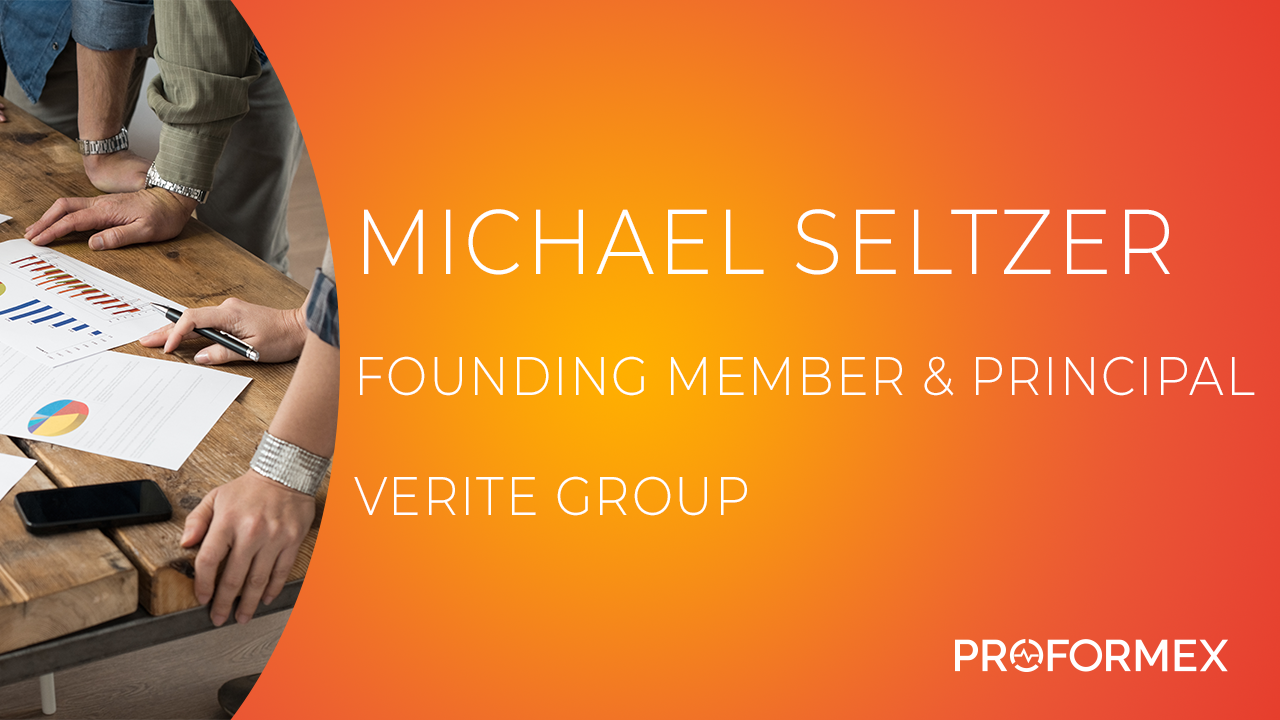In this video, we review the responsibilities of a fiduciary and define who can legally be considered a fiduciary. Furthermore, we explore the high standards to which fiduciaries are held and the potential consequences that may arise when a fiduciary falls short of said standards. To learn more about how our inforce policy management platform helps to minimize fiduciary risk, watch the video below.
[VIDEO TRANSCRIPT]
A fiduciary is a person who manages assets for the benefit of another person.Their responsibilities and duties involve being ethically obligated to act in that person's best interests.
Money managers, financial advisers, bankers, attorneys and accountants can all be considered fiduciaries. The most common type of a fiduciary relationships is between a trustee and a beneficiary. Under a trustee - beneficiary relationship, the fiduciary has legal ownership of the assets held in trust for trust beneficiaries.
The possibility of a trustee not performing in the beneficiary's best interests is referred to as "fiduciary risk".
To avoid fiduciary risk, the fiduciary should develop a process that incorporates the following steps:
Organize
- Define the roles and responsibilities of all trust parties.
Formalize
- Set clear goals and objectives for evaluating trust assets.
Implement
- Select appropriate assets based on trust objectives.
Monitor
- Review assets periodically to ensure trust objectives are being met.
To learn how Proformex helps life insurance trustees avoid fiduciary risk, visit our website.


